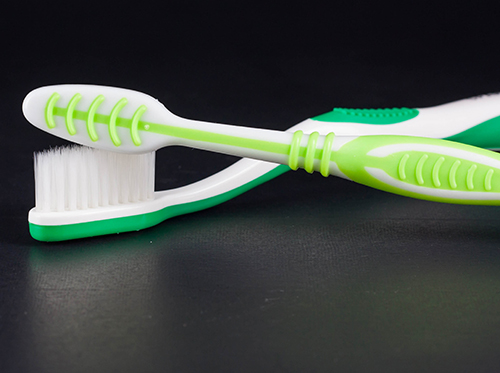Halloween Guidelines from the American Association of Orthodontists
October 7th, 2016

Fall can be a really enjoyable time of the year for you and your family. The kids are back in school, the leaves are changing, and Halloween approaches. This holiday is a lot of fun for kids, but Zoltan T. Berky, DDS wants to remind you it can also be risky, especially for your child’s braces. If you have kids with braces, take a look at the following tips from the American Association of Orthodontics (AAO) on how to keep your kids and their teeth safe this Halloween season.
Important Safety Tips
Trick-or-treating is a favorite Halloween activity for kids everywhere. While it is a great holiday tradition for children, it comes with some potential risks. To keep your kids safe while trick-or-treating, try following these simple guidelines:
- If you have young children, make sure they are accompanied by an adult at all times.
- You or your kids should always carry flashlights.
- For costumes, try to include a light-colored or reflective element that can be easily seen by oncoming traffic.
- Avoid costumes that include a mask, especially for younger children. These can pose a safety hazard for both the wearers and the people around them.
- Tell your kids not to eat any of their candy until they arrive home. Be sure to inspect all treats carefully before letting them dig in.
Following these guidelines can help you keep your kids safe on Halloween.
Halloween Treats to Avoid if Your Child Has Braces
If your kids have braces, you’ll want them to steer clear of certain treats on Halloween. Many candies can cause damage to braces, so it’s wise to avoid them while you’re celebrating this fun holiday. Here is a list of treats to stay away from:
- Hard candies
- Chewy candies
- Nuts
- Caramel
- Licorice
- Jelly beans
- Taffy
- Bubblegum
- Hard pretzels
- Popcorn
Some of these treats may seem harmless, but all of them have the potential to bend or break your child’s braces. So it’s best to avoid eating them altogether.
Braces-Friendly Halloween Treats
If your children have braces, they may feel like they can’t enjoy any treats on Halloween. However, there are plenty of braces-safe treat options for them to choose from, including the following:
- Soft chocolate
- Peanut butter cups
- Gelatin treats
- Ice cream
- Smoothies
- Root beer floats
- Apple cider
These are just a few braces-friendly alternatives to traditional Halloween candy. Helping your kids have a fun and safe Halloween—while at the same time protecting their braces—can be easy if you follow these simple tips and guidelines. Help your kids enjoy the holiday without having to visit Dr. Zoltan Berky for repair work on damaged braces!



